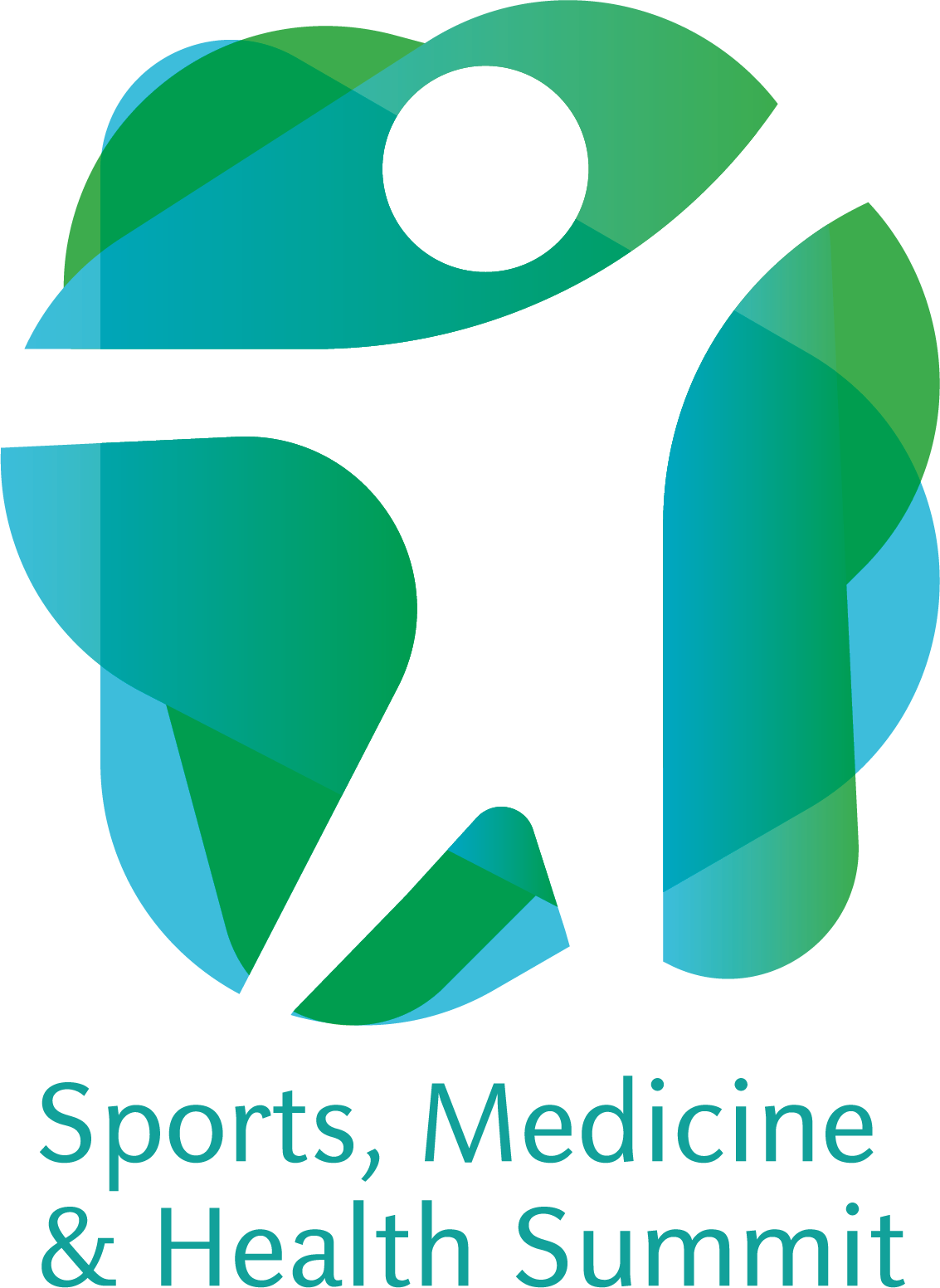- In German: SMHS asks: Prof. Dr. Maximilian Rudert: https://youtu.be/q2_LKLFP9S0
- In German: https://www.uniklinikum-saarland.de/de/einrichtungen/kliniken_institute/orthopaedie/klinik_fuer_orthopaedie_und_orthopaedische_chirurgie/sarkomzentrum
- In German: https://deximed.de/home/klinische-themen/orthopaedie/patienteninformationen/verschiedene-krankheiten/sarkome
Sarcoma treatment in orthopaedics and sports medicine
Sarcomas are rare tumours, often diagnosed too late. Hence interdisciplinary cooperation between medical specialties is needed for optimal therapy.
What are sarcomas?
Sarcomas are relatively rare, but when they do occur, they are insidious because they often only cause very unspecific symptoms during their early stages.1 Sarcomas can be divided into the groups of soft tissue sarcomas and bone sarcomas, both of which can occur in all regions of the body.2
Caution with slowly increasing swelling
Malignant tumours of the musculoskeletal system are usually detected very late. As a result, sarcomas can already be very advanced at the time of diagnosis. For the primary treating colleagues (mostly family doctors or orthopaedic surgeons) it is often difficult to correctly classify the physical changes that patients describe.1 It is not uncommon for the pain in the affected area to be initially attributed to an injury, especially in the case of soft tissue sarcomas.
Caution is advised if a patient has a swelling that grows continuously. Especially if this swelling does not cause pain, this can be an indication of a tumour. A precise diagnosis is essential here, because the most unfavourable variant of such a tumour on the musculoskeletal system is a sarcoma.1-3
Preserving mobility after sarcoma therapy
In the meantime, the treatment options for sarcomas have improved considerably. For example, if we look at Ewing's sarcoma, a bone tumour that occurs mainly in children and adolescents, it is now possible to preserve the limb in more than 90% of cases, and amputation is therefore only rarely necessary.
Despite the progress made, many patients are concerned that they will no longer be able to be mobile after an operation. Studies show, however, that in addition to the location of the tumour and the type of surgery, the patients' exercise patterns before the operation are also decisive for restoring or maintaining mobility.
As an extremely fast-growing tumour, Ewing's sarcoma is often treated with chemotherapy, which can achieve good results. But exercise can also bring benefits during the treatment phase. There are numerous studies that show the benefits of high immunocompetence, i.e. strengthening the body's defences through sport, in the healing of tumours. This means that a trained person who is also immunocompetent has a stronger immune system and is therefore better able to deal with the situation of chemo as well as tumours.
Exercise is therefore an important - complementary - form of therapy that can be helpful in addition to chemotherapy and then later to surgery.1 Physicians have the option of prescribing exercise to strengthen immune competence.
Interdisciplinarity in demand for sarcoma therapy
An essential factor for the quality of treatment is the interdisciplinarity of medical specialists, for example the cooperation between orthopaedics and oncology, psychooncology, and pain therapy.
A young person who has tumour surgery is afraid that they will not be able to return to their original level of mobility. This is not limited to tumours, but applies to orthopaedic surgery in general. Here, orthopaedic or trauma surgery attempts to maintain, improve or restore mobility. However, physiotherapy and sports medicine are also involved in the overall concept, as are association sports trainers.
The rare occurrence of sarcomas particularly requires a high level of experience as well as a certain degree of specialisation. Interdisciplinary cooperation is necessary to optimally accompany those affected by sarcomas in their healing process.1,2
For more information about exercise, physical movement and orthopedics, visit the SMHS page.
